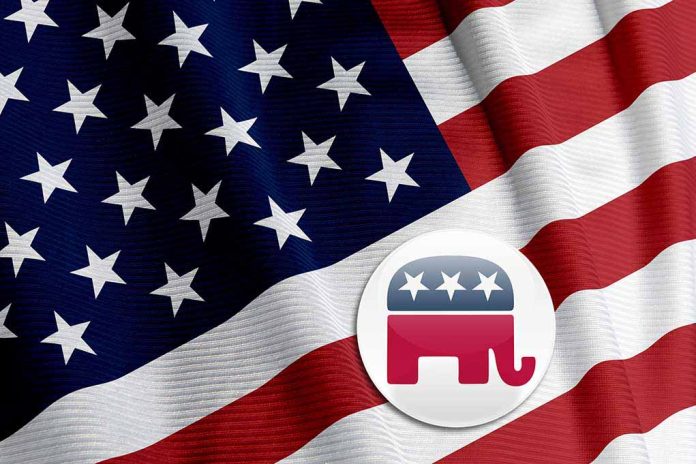
The Republican National Committee has sued Detroit in a pivotal legal battle over the handling of ballot drop box surveillance footage.
At a Glance
- The RNC has filed a lawsuit against Detroit for deleting surveillance footage from ballot drop boxes.
- The lawsuit claims Detroit violated the Freedom of Information Act (FOIA).
- The footage was automatically deleted after 30 days despite a pending FOIA request.
- This case emphasizes the continuous debate over election security and transparency.
RNC’s Legal Move Against Detroit
The Republican National Committee (RNC) has initiated legal proceedings against the City of Detroit, targeting its Department of Elections for allegedly deleting critical ballot drop box surveillance footage. The lawsuit arises from claims that Detroit violated the Freedom of Information Act (FOIA) by erasing records requested by the RNC through official channels. This lawsuit is significant as it raises concerns around election oversight and transparency ahead of the crucial 2024 elections.
The controversy began when Jonathan Koch and the RNC sought footage from an absent voter ballot drop box located at Wayne County Community College in Detroit. Their request, submitted under the FOIA in August, targeted footage recorded on the 7th and 8th of August. The request coincided with heightened scrutiny following potential election security concerns during the primary elections.
RNC Sues Detroit for Deleting Dropbox Surveillance Footage
⬇️⬇️⬇️https://t.co/F4Wou0W4Vy pic.twitter.com/IgXQ3us6aI
— RNC Election Integrity (@RNCVoteProtect) October 17, 2024
Detroit’s Response and Justifications
Detroit acknowledged receipt of the FOIA request and initially sought an extension to fully respond. The city later informed the RNC that the footage in question was no longer available, stating it had been automatically erased after 30 days. This response prompted further criticism from the RNC, which argued that destroying the footage while a FOIA request was pending constitutes a direct violation of the Act, undermining election transparency and public confidence.
The RNC is pushing for accountability, aiming to prevent a recurrence of similar issues in future elections. RNC Chairman Michael Whatley, expressing strong disapproval, described the deletion as an attack on transparency, emphasizing the RNC’s commitment to ensuring lawful preservation of election materials.
Implications for Future Election Oversight
This legal confrontation reflects broader debates over election practices and voter accessibility in the United States, particularly in urban centers such as Detroit. The RNC’s lawsuit also ties into previous legal actions, including claims of insufficient hiring of Republican poll workers. Detroit’s stance, dismissing the lawsuit as frivolous and politically motivated, highlights the polarized nature of election discussions as the November general election approaches.
The RNC’s lawsuit against Detroit underscores ongoing tensions surrounding election security, transparency, and management of ballot drop boxes. This incident is just one of many as the nation navigates complex and contentious electoral landscapes in preparation for upcoming national elections.














